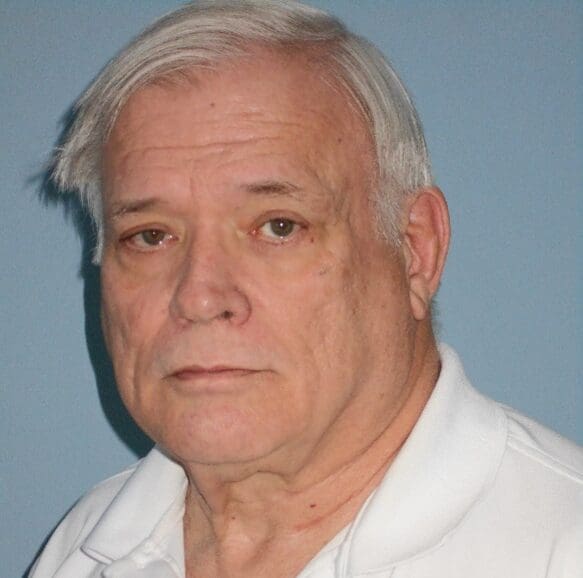ESRO in Virginia
Virginia currently has a red flag law on the books. The Emergency Substantial Risk Order (“ESRO”) can be found at Va. Ann. Code § 19.2-152.13. This red flag law allows a law enforcement officer or Commonwealth Attorney to petition a judge or magistrate for an ESRO if there is probable cause to believe that a person is at substantial risk to themselves or others shortly. The ESRO process can begin with a complaint from any source. However, the law requires that law enforcement officers complete an independent investigation before requesting a judge or magistrate to issue the ESRO. The ESRO is typically issued during an ex parte process, meaning without the subject of the ESRO present. When an ESRO is issued, it prevents the subject from possessing, purchasing, or transporting a firearm for an initial period of up to 14 days, or until a judge dissolves the order under a successful petition filed by the subject of the ERSO. During a hearing, with the individual subject to the order present, a judge can extend the firearms prohibition for up to 180 days.
How does the ESRO law impact a law-abiding gun owner’s day-to-day life in Virginia? The law presents a clear risk of misuse, where firearms could be seized based on an initial complaint from a neighbor, family member, or even random acquaintance. This can occur with only a cursory “independent investigation” from law enforcement, followed by the issuance of the ESRO. During proceedings to dissolve an ESRO, the State is typically represented by the Commonwealth Attorney. However, because this is a civil proceeding, there is no constitutional requirement for the State to provide counsel for the person subject to the ESRO. Which means that those subject to an ESRO who can’t afford a lawyer are required to attend the court hearing, where the return of their firearms is deliberated, potentially without counsel present on their behalf. This red flag law is new in Virginia, having gone into effect in July of 2020. It has already been misused multiple times across the Commonwealth to temporarily seize firearms from those who had not committed crimes and were not otherwise subject to firearms prohibitions.







